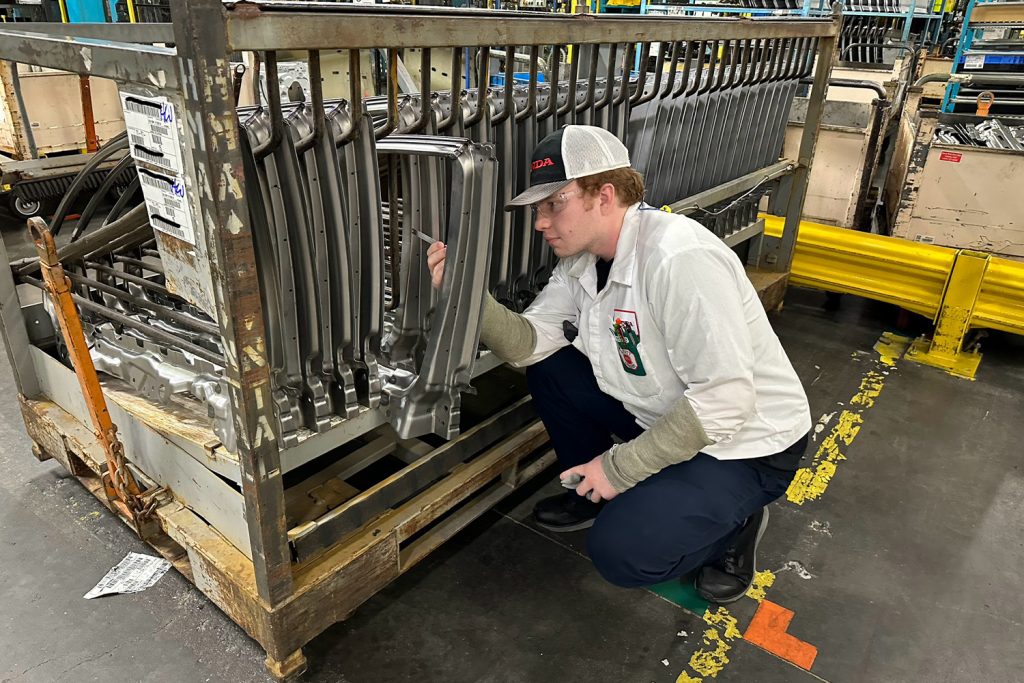The University of Tennessee utilizes the National Association of Colleges and Employers’ definition of an internship:
An internship is a form of experiential learning that integrates knowledge and theory learned in the classroom with practical application and skills development in a professional setting. Internships give students the opportunity to gain valuable applied experience and make connections in professional fields they are considering for career paths and give employers the opportunity to guide and evaluate talent.
- Internships last between 10–16 weeks and are typically offered during the summer.
- Internships may be full-time or part-time.
- Paid experience.
- Students may earn academic credit with the university.
- Includes a “learning agenda” with some combination of objectives, observation, reflection, evaluation, and assessment.
- Balances the student intern’s learning goals and the specific work an organization needs to accomplish.
- Prescreen ambitious and enthusiastic students who excel with challenges.
- Evaluate temporary employees before offering permanent positions.
- Introduce new ideas and methods.
- Access an excellent source of short-term employees.
- Train employees in your specific methods and processes.
- Enhance visibility on the UT campus.
- Participate in the educational process.
- Improve the engineering profession through early work experience.
- Increase opportunities for technology transfer.
- Bridge the gap between theory and the professional world.
- Gain insight into engineering careers to inform their future decisions.
- Understand the practical application of math, physics, and theory.
- Develop into professionals who apply classroom learning to real-world situations.
- Enhance their academic knowledge by applying engineering principles in practice.
- Have co-op participation noted on their transcripts.
- Build self-confidence, motivation, and interpersonal skills.
- Stand out to employers as trained and ready to contribute immediately.
- Increase their job prospects and salary potential after graduation.
- Offset educational costs with co-op earnings.
- Cultivate professional behavior and social skills.
- Earn one year’s credit toward professional licenses in Tennessee upon program completion.
